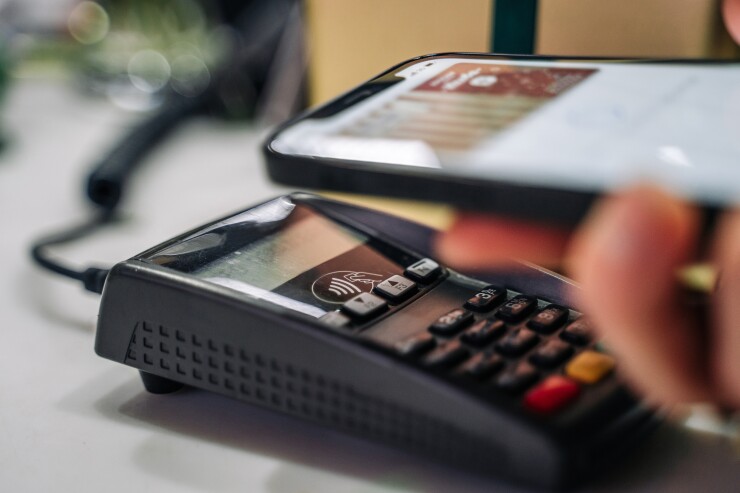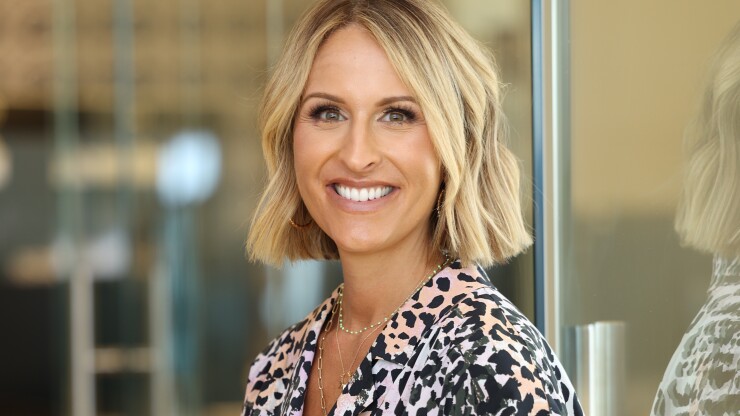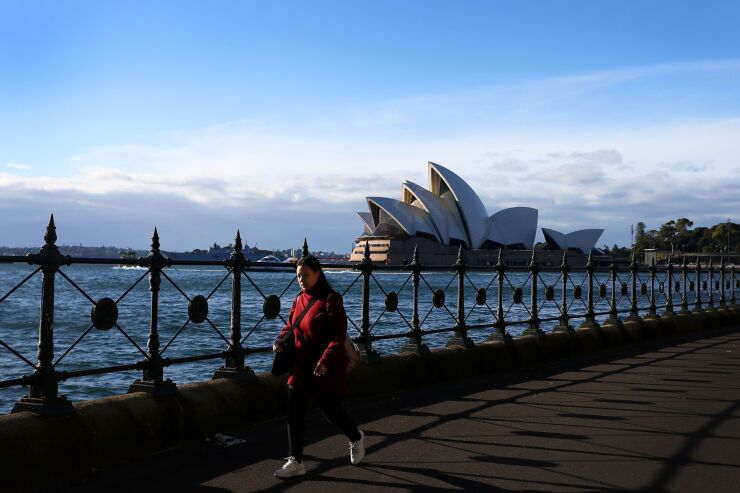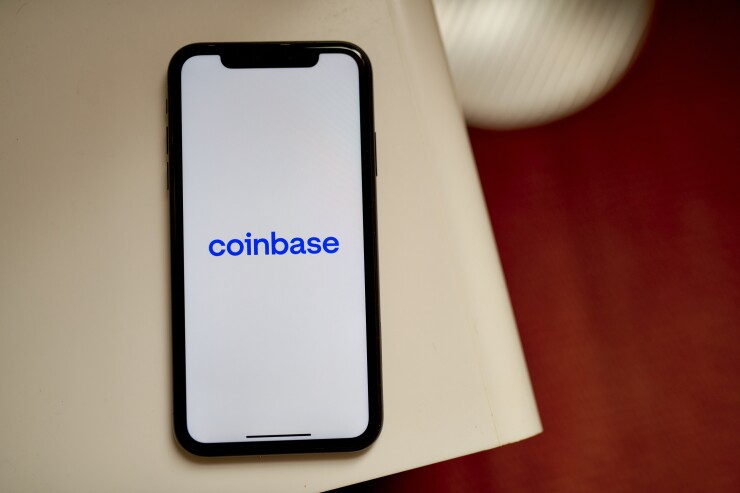
While U.S. politics have turned sharply away from
The
The ECB, which launched its CBDC project in late 2023, has also worked with small businesses and consumers in underrepresented regions through focus groups, interviews and meetings with consumer groups. The EU has not decided to issue a CBDC, with the current tests informing a final report that will be submitted to regulators and legislators during the third quarter.
Governments use distributed ledgers, the technology underpinning cryptocurrencies, to power CBDCs. By creating a digital version of their currency, central banks can theoretically extend access to financial services to more users while improving transaction processing. Active CBDCs thus far have been largely limited to
The ECB's work on a possible CBDC takes place as progress on a digital dollar in the U.S. has stalled as the package of crypto-associated legislation includes a ban on CBDCs.
"In light of today's geopolitical and economic challenges, we welcome an ambitious pace for the legislative work," said Piero Cipollone, an ECB executive board member who chairs the High-Level Task Force on a digital euro.
Elsewhere, the
"The swift ascent of stablecoins, which have reached over $260 billion in market cap, may be viewed by some as undercutting the traditional case for retail CBDCs. There are limited, clear market needs that a retail CBDC would solve in a system where digital payments are already becoming widespread, fast, and efficient," Mark Aruliah, head of EMEA policy and regulatory affairs at Elliptic, said in a research note. —John Adams

UK's competition regulator targets Apple over mobile wallets
The United Kingdom's Competition and Markets Authority is proposing a new designation for Apple that will enable it to regulate Apple's third-party restrictions on mobile wallet development.
The CMA is proposing to designate Apple with "strategic market status" that will allow it to regulate the company to increase competition and promote U.K.-based fintech innovation. The designation would also allow it to direct other areas of Apple's marketplace, such as interoperability, developer access to "key Apple functionality" and rules in the app store.
The proposal follows a
Apple's regulatory woes have already opened up opportunities for
The CMA is accepting comments from stakeholders. A final decision on both SMS designations will be made by October 22 2025. —Joey Pizzolato

Stripe acquires payment tech firm Orum
Stripe will gain real-time processing technology by acquiring Orum, a firm that enables businesses to access RTP, FedNow, same-day ACH, Visa direct and other methods.Terms of the deal were not disclosed.
Orum uses an application programming interface to make it easier for underserved businesses to connect to digital payment systems. Orum has raised about $82 million from Accel, Canapi, Bain Capital Ventures and American Express Ventures.
Stripe is in the midst of a

Australia pushes to reduce payment surcharges
The
The RBA is also proposing lowering the cap on interchange fees, which it estimates would save businesses about $1.4 billion each year. In another move, the RBA is pushing for regulations that would require card networks and merchant acquirers to publish payment fees.
The RBA will connect public input until August 26 and issue a formal recommendation by the end of the year.
Visa and Mastercard have battled with merchants over card fees for years through a series of legal disputes. The U.K. Competition Appeal Tribunal recently said card fees

Brazil's national payment scheme reaches shoppers in the U.S.
Brazilian fintech PagBrazil has partnered with Verifone to support Pix payments for Brazilian shoppers in the U.S.
These consumers will be able to pay in Brazilian currency with a real-time conversion, a similar model to
Verifone recently signed a deal with PagBrasil to gain exclusive rights to offer PagBrasil's international Pix payments in the U.S. via Verifone's application programming interface, which connects to the payment company's point of sale products.
Pix is Brazil's national real-time processing rail, which has become
"This is a game-changer for U.S. merchants in high-tourism markets like Florida and New York," said Madhu Vasu, senior vice president of global product management at Verfione, in a release. —John Adams

Airwallex secures payment license in Israel
Global payments company Airwallex has secured a payment service license in Israel as the fintech looks to expand in the EMEA region.
The license will allow
"This license lays a strong regulatory foundation for our continued expansion across the Middle East and Europe," said Or Liban, Airwallex's vice president of Middle East and EU Enterprise. "Israel's dynamic and globally connected business environment aligns perfectly with our mission to empower businesses to operate without borders." —Joey Pizzolato

Coinbase rebrands wallet app in a play to create super app
Coinbase is looking to enter into the super app race with a rebrand of its mobile wallet app that will incorporate payments, social, chat, trading and support for mini apps, the company said.
The Coinbase Wallet app has been renamed Base App, and runs on Coinbase's public blockchain, Base, which is built on the ethereum blockchain. Payments on the Base App are made using Circle's USDC.
The announcement came at Coinbase's "
"We believe the next chapter of the internet won't come from big platforms. It'll come from creators. That's why we rebuilt the Base app from the ground up, not just as a wallet, but as a new kind of open social network," Coinbase said in a
Coinbase has been aggressively trying to expand its product offering to attract more diverse users. The crypto company has been urging U.S. regulators to

Block joins S&P 500, replacing Hess
Block joined the S&P 500 on Wednesday, replacing Hess Corporation, an energy company known for its toy trucks that was acquired by Chevron last week.
Block called its addition to the highly coveted index a "milestone that reflects the strength of our business and the work of thousands of people building tools to increase access to the economy," according to a company release.
KBW said in a research note to analysts that while the addition should yield a short-term boost for Block, it continues to recommend the fintech because of its





